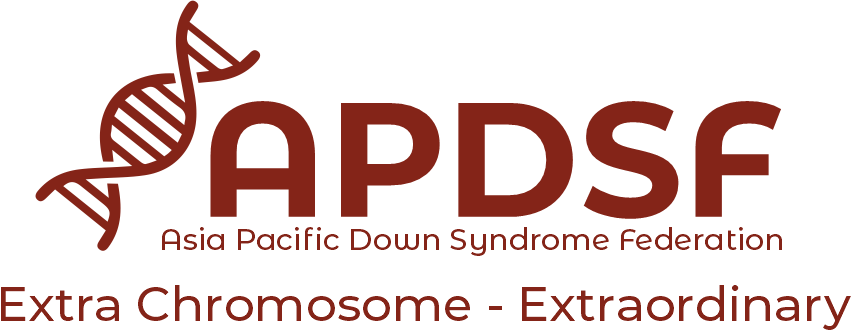Recent Research & Health Advances
- Groundbreaking Lifespan Study: New research from the Human Trisome Project has revealed that Down syndrome affects biology in unique ways at different life stages. This paves the way for age-specific treatments and personalized medicine .
- Focused Research Initiatives: The NIH’s INCLUDE Project continues to drive extensive research to understand co-occurring health conditions across the lifespan, leading to improved health knowledge and quality of life .
- Progress Against Alzheimer’s: There is unprecedented momentum in addressing Down syndrome-associated Alzheimer’s disease (DS-AD), with three clinical trials underway or starting in 2025 and ongoing work to improve diagnostic tools .
Global Awareness & Advocacy
- World Down Syndrome Day 2025: The global theme, “Improve Our Support Systems“, is uniting communities to advocate for government policies that ensure the rights of people with Down syndrome to live with choice, control, and dignity .
- United Advocacy Voice: Major organizations are speaking with a unified voice on critical policy issues, successfully advocating for the community’s needs, such as removing discriminatory language to ensure access to the latest Alzheimer’s drugs .
Community Resources & Education
- Latest Inclusive Education Guidelines: The first U.S. guidelines for inclusive education for students with Down syndrome have been published, providing a roadmap for schools and educators from early intervention through higher education .
- Cutting-Edge Research Forum: The 2025 Down Syndrome Research Forum featured the latest findings on cognitive development, language acquisition, and reading instruction, facilitating the swift exchange of new knowledge among researchers, practitioners, and families .
These developments highlight a growing understanding and a collective effort to build a more inclusive and supportive world for individuals with Down syndrome.
Recent Positive Global Developments in Down Syndrome
- Breakthrough biological insights: Researchers at the Linda Crnic Institute (USA) mapped how the body of a person with Down syndrome changes healthily through different life stages — paving the way for age-specific healthcare and therapies.
- Improved brain research: Scientists at the University of Virginia identified a molecule key to brain development, opening doors for future interventions to support learning and cognition in children with Down syndrome.
- Advances in healthy ageing: Studies now show that targeted lifestyle and medical care can significantly delay age-related changes and support longer, healthier lives for adults with Down syndrome.
- New healthcare training program: The National Down Syndrome Society launched CARE Down Syndrome, a global initiative to train doctors and health professionals to better support adults with Down syndrome.
- Stronger global advocacy: International collaborations are focusing on inclusive education, independent living, and employment — ensuring people with Down syndrome lead fulfilling lives.
- Rising awareness and representation: From fashion shows to sports and arts, more individuals with Down syndrome are being celebrated worldwide for their achievements and unique abilities.
Here are the most recent global developments around Down syndrome, summarized in bullet points for your website (2025):
- Promising new pharmacological treatment (AEF0217) targeting the CB1 receptor in the brain is in clinical trials and shows potential to improve cognitive impairment, learning, and memory in people with Down syndrome, potentially enhancing their independence.
- World Down Syndrome Day 2025 emphasized strengthening inclusive support systems to provide better care, education, and opportunities, with global advocacy around legal capacity and supported decision-making for persons with Down syndrome.
- Cutting-edge research is identifying molecular and immune subtypes in individuals with Down syndrome, paving the way for personalized medicine approaches tailored to distinct genetic profiles.
- Advances in machine learning and artificial intelligence are significantly improving prenatal screening accuracy and early detection of Down syndrome, enhancing predictive models and diagnostic tools.
- The 2025 NDSC Annual Convention showcased updates on Alzheimer’s clinical trials, immune health, pediatric communication, sleep apnea, fitness, and overall medical care improvements for individuals with Down syndrome.
- Innovations in support technology and therapeutic interventions are expanding, focusing on cognitive function enhancement and inclusive community programs to improve quality of life and social integration.
These developments collectively represent a multidisciplinary effort toward better treatment, early detection, personalized care, and social inclusion for people with Down syndrome worldwide.

